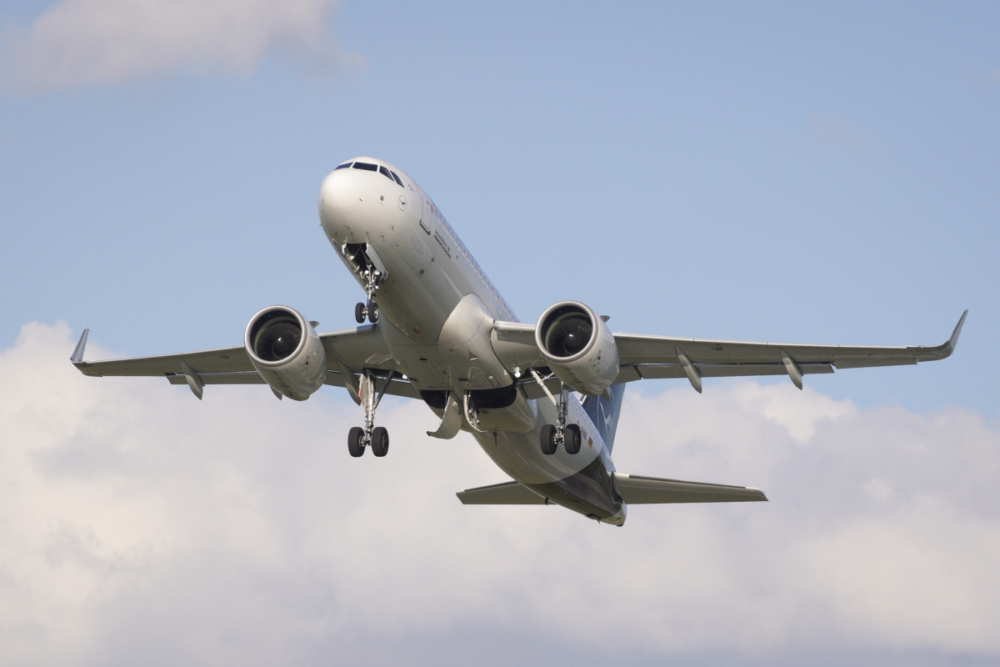The challenge for carbon zero transatlantic flight is now on. The organization ‘Freedom Flight’ in dangling a prize of “in £million’s” to the first group to fly from London to New York and back only using renewable energy.

Excluding the current situation, most people were expecting that the main focus in aviation during the 2020s would be on sustainability and environmental emissions. This may have taken a bit of a back seat as hygiene takes the leading role. However, it will still form an essential part of the future. As such, a challenge has just been launched to try and incentivize work towards carbon zero flight.
The Freedom Flight challenge
On Tuesday, Freedom Flight launched a challenge to complete a transatlantic round trip without using fuel. Unfortunately for entrants, this also means that biofuels and synthetic aviation fuels are also excluded. This means that the aircraft could be powered by electricity generated by solar, wind, or hydropower. Additionally, hydrogen-powered aircraft could be included.
Stay informed: Sign up for our daily aviation news digest.
But what are the rules? Well, to start with, the aircraft must make a round transatlantic trip within the space of 24 hours. The flights themselves must be under 10 hours each leg. The trip must be non-stop, and depart and land within 50 miles of London or New York. However, the journey must also be carrying at least 100 passengers.




London to New York has historically been an essential route within the aviation industry and was British Airways’ most important route before the current situation. However, given the fact that it is mostly over the ocean, aircraft will have to undergo significant certification before carrying 100 passengers on ETOPS routes.
By completing the challenge, the winner will go down in history, much like Alcock and Brown, who became the first to fly non-stop across the Atlantic, claiming a similar prize. Freedom Flight is yet to confirm the award for the successful party. However, it is estimated to be more than £10 million ($13 million).
An ambitious challenge
At first glance, the challenge seems incredibly ambitious and seems to defy where we currently stand. At the 2019 Paris Air Show, Airbus’ Cheif Technology Officer, Grazia Vittadini, told how,
“assuming for a moment that we’d be able to rely on batteries 30 times as energy dense as that [100wh/kg], an A320 would be able to fly with half of its payload for one-fifth of its current range, 500nm max. So, assuming a battery which today does not exist … It doesn’t work, purely electrical will not work.”




So far, electric aircraft design and testing is currently focusing on small aircraft seating up to 10 passengers. However, while electric aircraft appear out of reach for the time being. Perhaps Hydrogen will be the solution. In June, Simple Flying reported that Airbus would look to replace the A320 with a hydrogen fuel aircraft by 2035.
Perhaps with a limited payload of 100 passengers, the range of such an aircraft would be sufficient to cross the Atlantic.
What do you make of the challenge? Do you think the prize will be claimed? If so, when? Let us know your thoughts in the comments!



